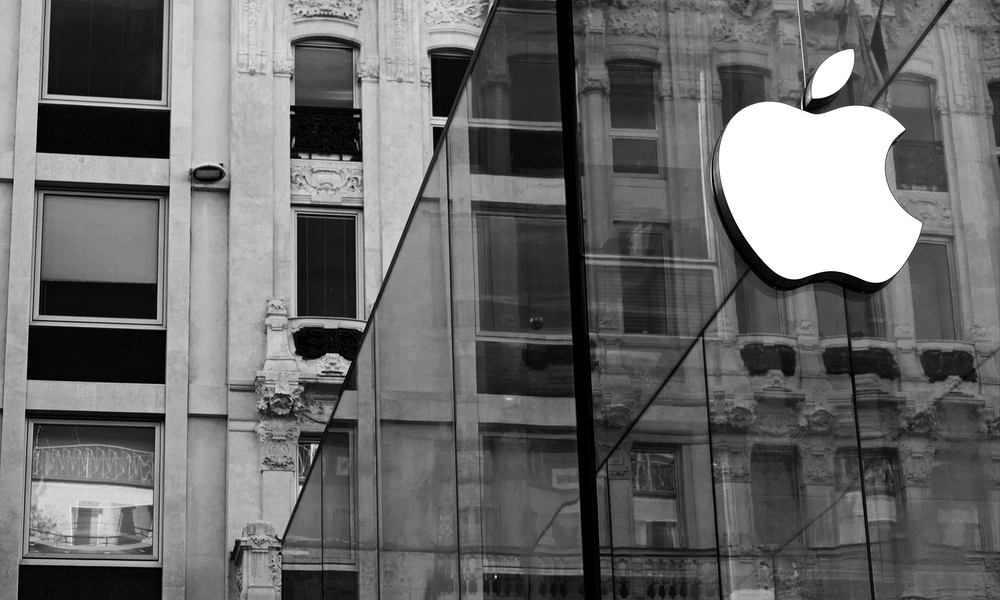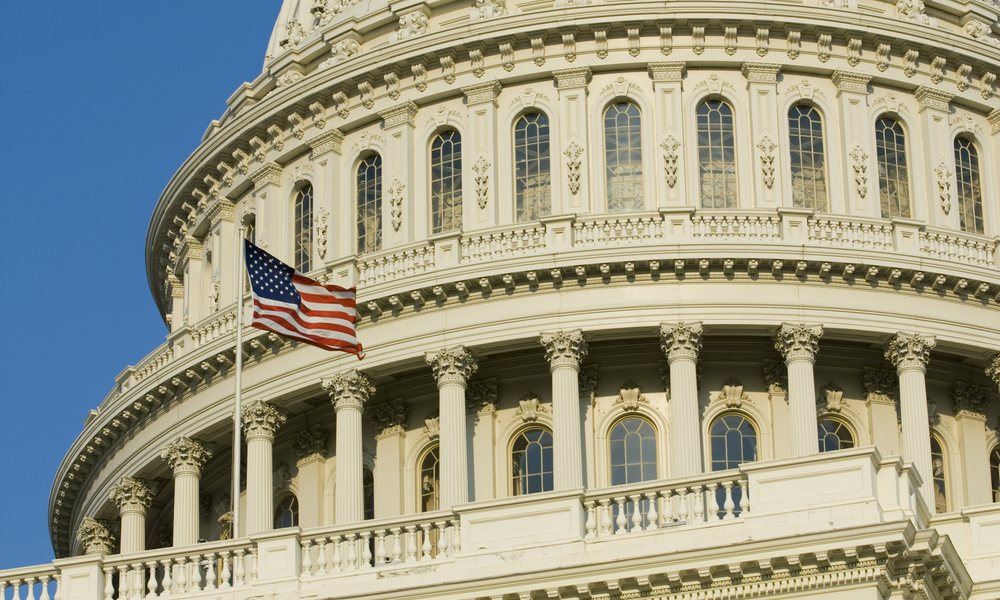2024 Could be the Year Apple Has to Face the Antitrust Music
 Credit: Niccolò Chiamori
Credit: Niccolò Chiamori
Toggle Dark Mode
Over the past few years, the US Justice Department has been quietly looking into Apple’s ecosystem of products and services. Now, it may be very close to launching a “sweeping antitrust case” against the tech giant.
While we’ve heard this song before — a 2020 report suggested lawmakers were poised to go after the App Store — this time, the allegations might be considerably broader.
A new report in The New York Times reveals that Justice Department officials are in “the late stages” of their investigation, and it goes far beyond the usual story of Apple’s “ironclad” control over the App Store and the 30 percent commission it takes from developers. This time, the gloves are off, and lawmakers are getting ready to tear open everything Apple does to “protect the dominance of the iPhone,” from the App Store and Apple Music to AirTags, iMessage, and even the Apple Watch.
For example, the Times notes that investigators are concerned about how the Apple Watch “works better with the iPhone than with other brands” (which is to say, “not at all”) and “how Apple locks competitors out of its iMessage service.”
This last part has likely been stoked by controversies around Beeper Mini, an app that reverse-engineered Apple’s iMessage technology to allow Android smartphone users into the walled garden of Apple’s messaging services — and attracted the attention of the Justice Department and the Federal Trade Commission (FTC) in the process.
Apple’s NFC restrictions are also under scrutiny for how the company forces customers to use Apple Pay while blocking “other financial firms from offering similar services.” In December, Reuters reported that Apple has promised to loosen those restrictions in response to European legislation to head off potential regulation that would likely force its hand anyway.
The agency is focused on how Apple has used its control over its hardware and software to make it more difficult for consumers to ditch the company’s devices, as well as for rivals to compete, said the people, who spoke anonymously because the investigation was active.
The New York Times
According to the Times, a final decision on whether to launch a lawsuit has not yet been reached, as “senior leaders” in the Justice Department’s antitrust division are still reviewing the results of the investigation, most of which seems to have been completed. Agency officials have also reportedly met with Apple “multiple times,” with the latest meetings as recently as December to discuss the investigation. Apple is expected to have one final opportunity to meet with officials to make its case to the government on why a lawsuit should not be filed.
Assuming the Justice Department proceeds at all, there’s no guarantee the lawsuit will cover all of the areas of the investigation, as the Justice Department would need to make the case that Apple controls enough of the market in each of those areas to be a dominant player — a position that Apple has always vehemently denied.
Testifying before a congressional antitrust committee in 2020, Apple CEO Tim Cook maintained that Apple has plenty of competition in the smartphone market, naming big players such as Samsung, LG, and Google and arguing that the iPhone only stays ahead because of Apple’s work on an “effortless user experience, simplicity of design, and high-quality ecosystem.”
Apple does not have a dominant market share in any market where we do business. That is not just true for iPhone; it is true for any product category.
Tim Cook
According to sources, the Justice Department investigation has left no stone unturned and no corner of Apple untouched. It’s looked at the long-standing complaints about the App Store and spoken with executives from some of Apple’s most significant and noteworthy competitors, including Tile over its antitrust allegations over Apple’s AirTags, Spotify and its complaints about Apple Music and Siri, the folks behind Beeper Mini over iMessage, bank and fintech executives who are frustrated with Apple’s stranglehold on Apple Pay, developers who are upset about Apple’s stance on cloud gaming services, users of Garmin who are frustrated that they can’t use their smartwatches effectively with the iPhone, and Meta’s furor over Apple’s Privacy Features.
As the Times notes, if the Justice Department proceeds, “American regulators will have sued four of the biggest tech companies for monopolistic business practices in less than five years,” since an Apple case would be joining two antitrust actions against Google over its search and advertising businesses plus FTC cases against Amazon and Meta for anti-competitive practices.







